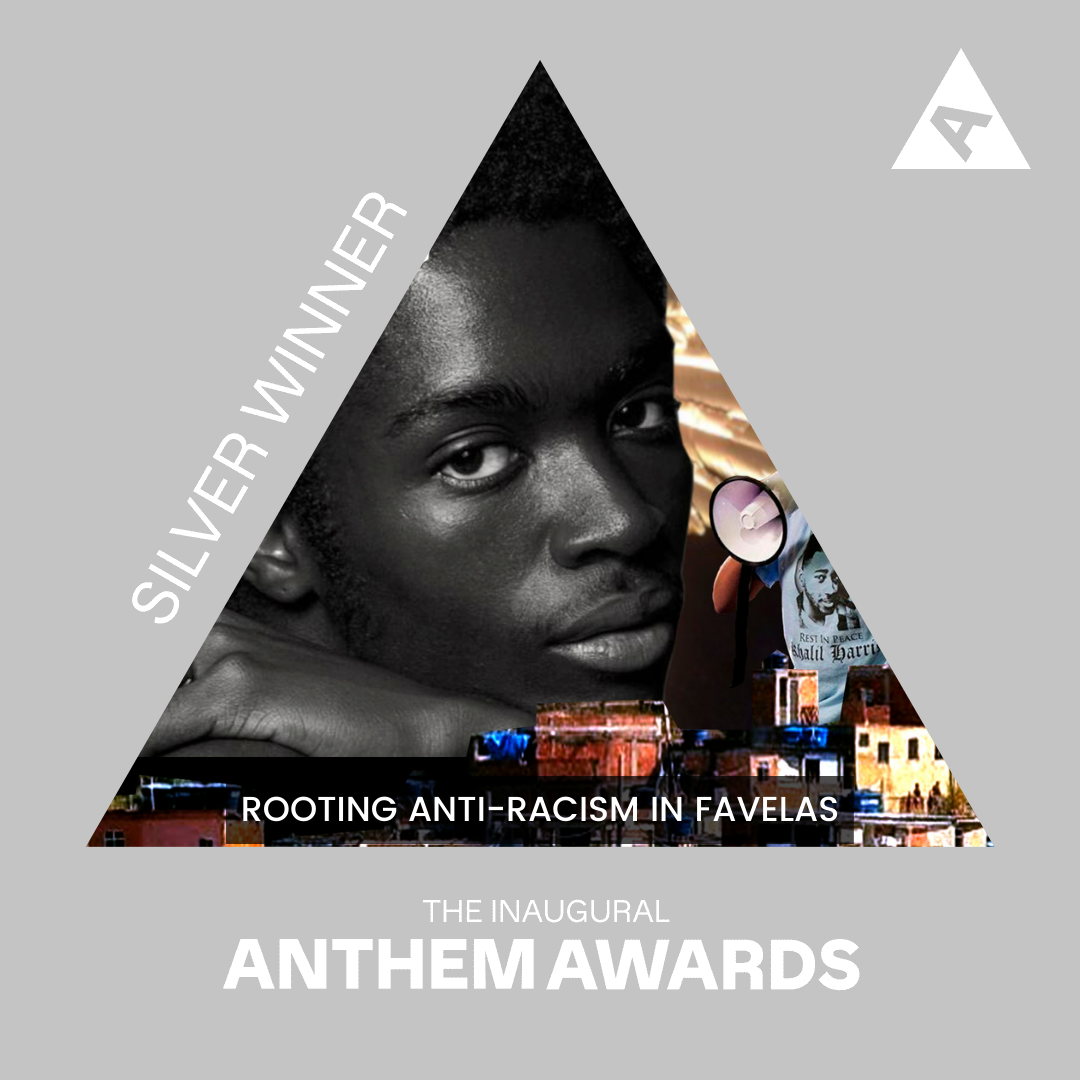
In May 2010, Catalytic Communities (CatComm), a US 501c3 nonprofit organization and Rio de Janeiro-based NGO, launched Rio Olympics Neighborhood Watch (RioOnWatch), a program to bring visibility to favela community voices in the lead-up to the 2016 Olympics, to be held in Rio de Janeiro. From 2010 to 2016 this news site, RioOnWatch, was our primary vehicle for publishing the perspectives of community organizers, residents, international observers, and researchers on the fast-paced urban transformations that characterized pre-Olympic Rio.
Since 2017, RioOnWatch‘s new editorial line is committed to:
- Documenting favela residents’ views of and for public policy so as to inform municipal decision-making and international development professionals.
- Publishing favela-specific columns and opinion pieces written by residents so as to mainstream favela perspectives on their own communities.
- Highlighting organizing strategies, community solutions and green technologies from favelas in Rio and around the world so as to inform and inspire collaborative and sustainable grassroots development initiatives.
- Popularizing urban planning concepts so citizens can develop their communities more effectively.
- Observing the Olympic legacy and monitoring international and domestic press coverage of favelas so as to maintain and build on the legacy of RioOnWatch as an Olympic watchdog news site and offer lessons for cities contemplating or hosting mega-events.
- Analyzing parallels and showing solidarity for informal communities around the world so as to establish connections, networks of support, and a sense of common experience and purpose across traditionally isolated communities worldwide (and in partnership with groups or sites similar to CatComm/RioOnWatch).
- Continuing to analyze, introduce and inform local policy and social debates on Rio so as to dramatically strengthen the contextual understanding and compassion necessary to engender larger political shifts that would benefit the entire society.
From its outset, the RioOnWatch program has worked to grow the participation of community journalists and international observers in reporting on Rio’s transformations and has dialogued with the mainstream and alternative press to engender a more accurate picture of favelas, their contributions to the city, and their perspectives.
2010: RioOnWatch’s Original Call To Action
After three decades of stagnation, Rio de Janeiro is now one of the Americas’ fastest growing cities. Pricier than New York, recently receiving more than twice the international investment of São Paulo, a city marked by decades of poor governance and disinvestment was intent on taking advantage of recent offshore oil discoveries and having been selected to host the 2014 World Cup and 2016 Olympics, to reconstitute itself a “global city.”
Yet despite initial positive press for policies intervening in the city’s favelas, beginning in 2009, and significant work on the part of the city administration to engender a positive image in the face of international public opinion, the tide changed in 2013 with escalating debate and conflict over policies which have proven only to exacerbate Rio’s infamous inequality. Known as the “Marvelous City” for its geographic beauty, Rio is also known as the “Divided City” by locals, who often live side-by-side rich and poor, yet face significant disparities and historic segregation in access to public services, with low-income cariocas being stigmatized, rather than supported, in their pursuit of opportunity.
How will Rio’s “coming of age” unfold? What will the fate be of the city’s world-famous favela communities, numbered at over 1000 today? How is the city currently handling these communities? What can we foresee? Will Rio take advantage of this moment to grow and consolidate its economy without compromising its unique cultural heritage, and in a way that reduces inequality?
This is the subject of RioOnWatch.
Get Involved
If you’d like to support us, there are many ways!
- Volunteer to translate. RioOnWatch relies on volunteer translators between Portuguese and English. If you are fluent in these two languages and would like to volunteer, please reach out here.
- Volunteer to report. If you’re fluent in Portuguese and English, have experience with urban development and are planning to spend at least 3 months in Rio, please consider joining us as an international observer, writing about Rio’s development from favela perspectives. If selected, we train and support you in this process. If you’d like to join us, declare your interest here.
- Make a donation to Catalytic Communities. The support of individual donors is what makes it all happen. Please CLICK HERE for our donation page.
- Follow us on Twitter and Facebook. Engage in discussion, share posts on your wall and comment on our articles.
- Spread the word! Share our articles on Facebook, Twitter, or just talk to friends about the issues we report on. Help us shift the narrative on Rio’s favelas!
*Pseudonyms may be used on occasion.
Contact
contact@rioonwatch.org | +55.21.9.9197-6444 | +1.301.637.7360
License
© 2025 Attribution-NonCommercial-ShareAlike – All RioOnWatch content can be shared freely assuming (a) no profit is made, (b) content is not modified without it being expressly stated what modifications were conducted and why (including original links), and (c) shared content and its author(s) are recognized as being sourced on RioOnWatch and linked to at the top of the article. We do ask, however, that any given publication not republish more than one article per month without written agreement. And for-profit publications can contact us about republishing in exchange for a small fee. Please use contact@rioonwatch.org to communicate any sharing. We’d love to share your sharing!
